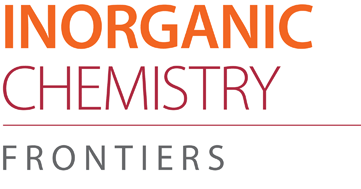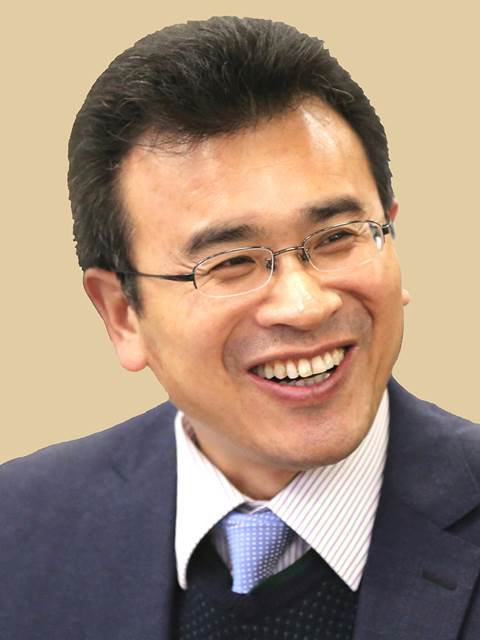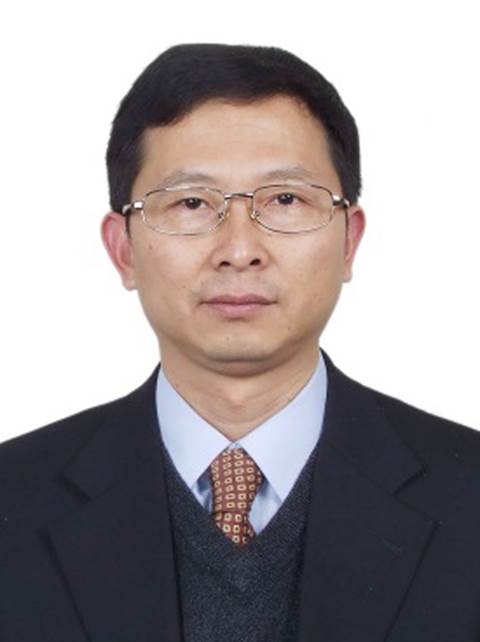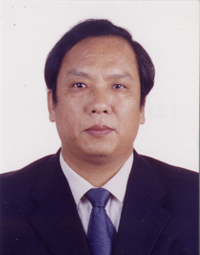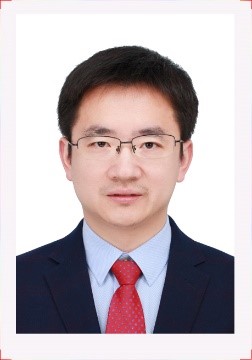 Fangyi Cheng, Nankai University, China
Fangyi Cheng, Nankai University, China
Fangyi Cheng received his B.S. (2003) and Ph.D. (2009) from Nankai University, where he was appointed as an assistant professor in 2009 and has been a full professor since 2016. During 2015-2016, he was a visiting scholar at UCLA. His research interests encompass design, synthesis and mechanistic studies of functional materials (particularly 3d transition metal oxides) for electrochemical energy storage and conversion. He has co-authored more than 100 peer reviewed journal papers, owning citations over 16,000 and an H-index of 65 as of August 2019. He is among 2018 Clarivate Highly Cited Scientists and Elsevier Most Cited Chinese Researchers. His honors and awards include Chinese Chemical Society Young Chemist Award, National Natural Science Award (2nd rank, co-winner), etc.
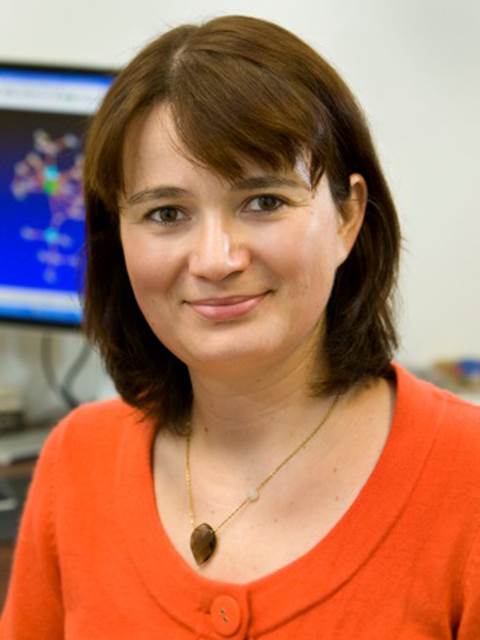 Paula Diaconescu, University of California, United States
Paula Diaconescu, University of California, United States
Paula Diaconescu joined the Chemistry & Biochemistry Department of University of California, Los Angeles, in 2005, after spending two years as a postdoctoral fellow in the group of Professor Robert Grubbs at the California Institute of Technology. She obtained her PhD degree under the supervision of Professor Christopher Cummins at Massachusetts Institute of Technology, working on arene-bridged complexes of uranium. Her earlier education was completed in Romania, where she obtained her BS from the University of Bucharest and worked on coordination complexes of transition metals and lanthanides at the University Politehnica of Bucharest. Besides awards received from UCLA, she received an Alfred P. Sloan Fellowship (2009), a Friedrich Wilhelm Bessel Research Award from the Alexander von Humboldt Foundation (2014), and a Guggenheim Fellowship (2015).
The Diaconescu research group is interested in various aspects of metal-ligand cooperation as stem from using ferrocene-based supporting ligands with applications ranging from small molecule activation to the formation of biodegradable polymers. Specific focuses of the group are redox switchable catalysis and biodegradable polymer synthesis.
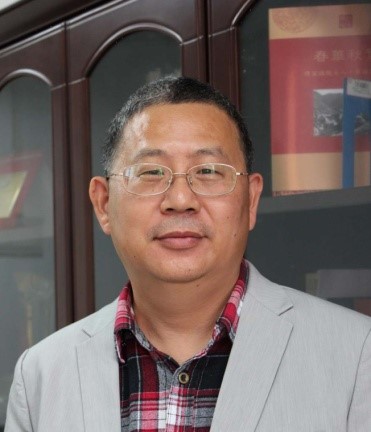 Tong-Bu Lu, Tianjin University of Technology, China
Tong-Bu Lu, Tianjin University of Technology, China
Tong-Bu Lu was born in 1964. He graduated in Chemistry from Lanzhou University in 1993, and then moved to Sun Yat-Sen University as a Postdoctor. He joined to the Faculty member in the same University, and became Professor of Chemistry in 2000. He moved to Tianjing University of Technology in 2016. He worked as a postdoctor in F. Albert Cotton’s group at Texas A&M University in 1998 and 2002. His research interest is coordination chemistry, including macrocyclic chemistry and MOFs. Currently he focuses on the study on artificial photosynthesis, including homogeneous and heterogeneous photo-/electro-catalysts for water splitting and CO2 reduction. He obtained the National Natural Science Foundation for Distinguished Youth Scholar in 2006. He has over 250 scientific publications with H-index of 46. Now, he is a fellow of Royal Society of Chemistry (FRSC), the Editorial Advisory Board of the Journal of CrystEngComm, Current Green Chemistry, Current Pharmaceutical Design, and co-editor of the Journal of Acta C.
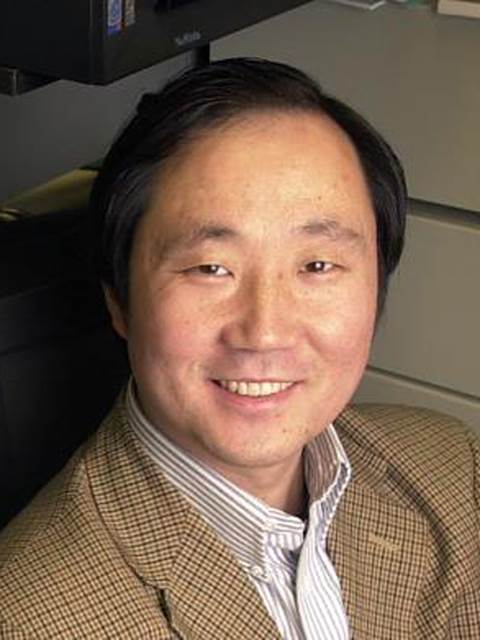 Yi Lu, University of Illinois, United States
Yi Lu, University of Illinois, United States
Yi Lu received his BS degree from Peking University in 1986, and his PhD degree from University of California at Los Angeles in 1992 under Professor Joan S Valentine. After two years of postdoctoral research in Professor Harry B Grays group (California Institute of Technology), Dr. Lu started his own independent career in the Department of Chemistry at the University of Illinois. He is now Jay and Ann Schenck Professor of Chemistry in the Departments of Chemistry, Biochemistry, Bioengineering and Materials Science and Engineering. Dr. Lu has received numerous research and teaching awards, including the Fellow of the American Association for the Advancement of Science (2007), Early Career Award, Society of Biological Inorganic Chemistry (2007), Howard Hughes Medical Institute Professor Award (2002), Camile Dreyfus Teacher-Scholar Award (1999), Alfred P. Sloan Research Fellowship (1998), Research Corporation Cottrell Scholars Award (1997), and the Beckman Young Investigators Award (1996).
His research interests lie at the interface between chemistry and biology. His group is developing new chemical approaches to provide deeper insight into biological systems.
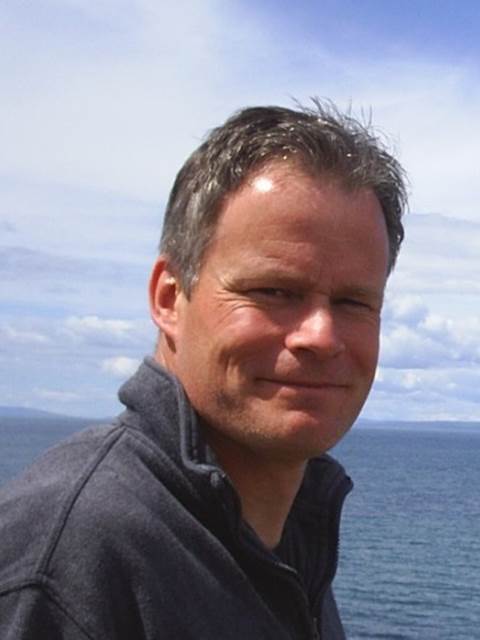 John E. McGrady, University of Oxford, United Kingdom
John E. McGrady, University of Oxford, United Kingdom
John McGrady graduated with a BA in Chemistry from the University of Oxford in 1990, and then studied for a PhD at the Australian National University in Canberra (graduated 1994). Following academic appointments at the Universities of York and Glasgow, he was appointed as Professor of Computational Inorganic Chemistry at the University of Oxford in 2009.
His research interests lie in the electronic structure and properties of of inorganic compounds, with a particular emphasis of systems with open electron shells.
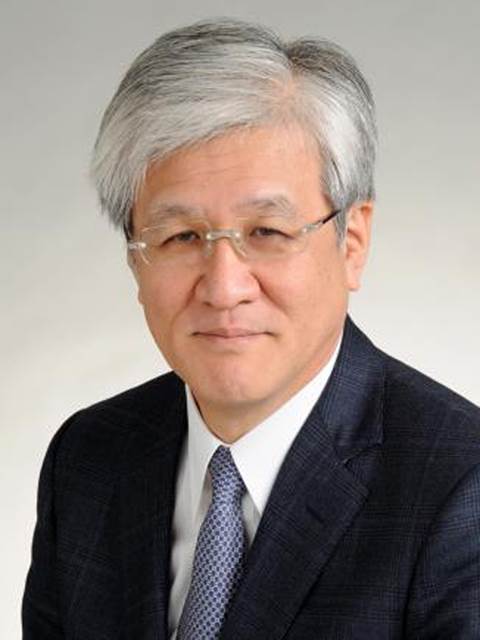 Hiroki Oshio, University of Tsukuba, Japan
Hiroki Oshio, University of Tsukuba, Japan
Hiroki Oshio graduated from Kyushu University in 1977 and obtained his PhD in 1982. After a postdoctoral fellowship at Marquette University between 1982 and 1984, he was appointed as a Research Associate at the Institute for Molecular Science (Okazaki, Japan) in 1985. In 1992 he moved to Tohoku University as an Associate Professor, before he was appointed as a Professor at the University of Tsukuba in the Graduate School of Pure and Applied Sciences. He has received an award of The CSJ Award for Creative Work (2005) and has accumulated over 200 peer-reviewed research publications.
His research has focused on molecular magnetism, including bistable and spin-crossover systems.
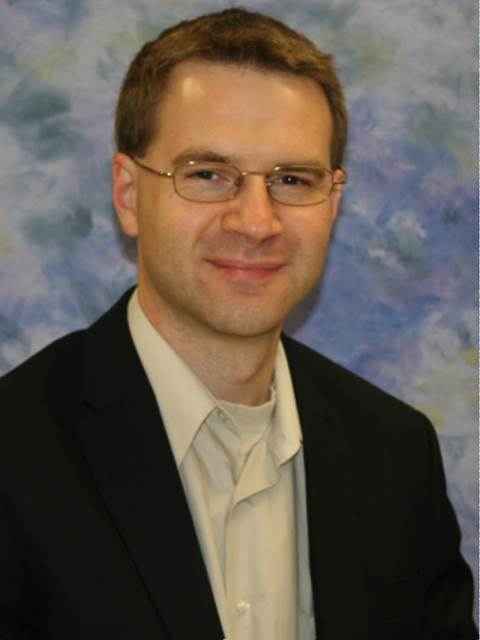 Oleg V Ozerov, Texas A&M University, United States
Oleg V Ozerov, Texas A&M University, United States
Oleg V Ozerov received his undergraduate training at the Higher Chemical College of the Russian Academy of Sciences. In 1996, Oleg moved to the United States to attend graduate school at the University of Kentucky where he worked with Professor Folami Ladipo on the chemistry of titanium complexes supported by calix[4]arene-derived aryl oxides. After receiving his PhD degree (2000), Oleg spent two years as a Postdoctoral Associate in the group of Professor Ken Caulton at Indiana University. He spent his time there investigating new chemistry of ruthenium and rhenium in a pincer ligand context. In 2002, Oleg joined the Department of Chemistry at Brandeis University as an Assistant Professor of Chemistry and earned promotion to Associate Professor with tenure in 2006. In January 2009, Oleg relocated to Texas A&M University where he is now Professor of Chemistry and Coordinator of Graduate Recruiting. Oleg has been honored with the Alfred P. Sloan Research Fellowship (2006), the Camille Dreyfus Teacher-Scholar Award (2007), the ACS Award in Pure Chemistry (2012), and the Norman Hackerman Award in Chemical Research (2012).
His research interests are in synthetic organometallic chemistry and its diverse applications in catalysis and energy-related problems.
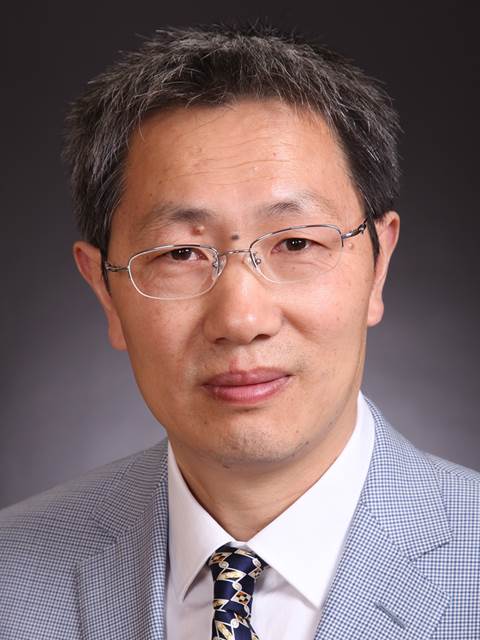 Xianran Xing, University of Science and Technology Beijing, China
Xianran Xing, University of Science and Technology Beijing, China
Xianran Xing is Changjiang professor at University of Science and Technology Beijing (USTB), and Fellow of the Royal Society of Chemistry. He received his BS degree in chemistry from Anqing Teachers College (1988), and his Ph.D from Department of Physical Chemistry USTB (1994).
His research interests focus on the solid state chemistry, involving syntheses strategy, crystal structure and chemical design for functional materials. The systematic work is done to determine the average structures and local structures of solids.
He leads a group to work on the negative thermal expansion (NTE) in perovskite compounds and related materials, which could be used to tailor thermal expansion coefficients and physical properties. The NTE mechanism is being understood by proposed “spontaneous volume ferroelectrostriction”, which is a new concept, but very common phenomena in ferroelectrics.
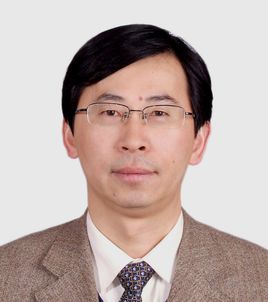 Shu-Hong Yu , University of Science and Technology of China, China
Shu-Hong Yu , University of Science and Technology of China, China
Shu-Hong Yu completed PhD in inorganic chemistry in 1998 from University of Science and Technology of China. From 1999 to 2001, he worked in Tokyo Institute of Technology as a Postdoctoral Fellow, and was awarded the AvH Fellowship (2001-2002) in the Max Planck Institute of Colloids and Interfaces, Germany. He was appointed as a full professor in 2002 and the Cheung Kong Professorship in 2006. He serves as the Director of the Division of Nanomaterials and Chemistry, Hefei National Laboratory for Physical Sciences at Microscale. He is a senior editor for Langmuir and an associate editor for Sci. China Mater. and EnergyChem, and on the editorial board or advisory board of journals Accounts of Chemical Research, Chemistry of Materials, Chemical Science, Materials Horizons, Research, Nano Research, Matter, Trends in Chemistry, and ChemNanoMat. His research interests include bio-inspired synthesis of inorganic nanostructures, self-assembly of nanoscale building blocks, nanocomposites, their related properties and applications. His research work has been cited more than 45,000 citations (H index 119), named as a Highly Cited Researcher from 2014 to 2018.
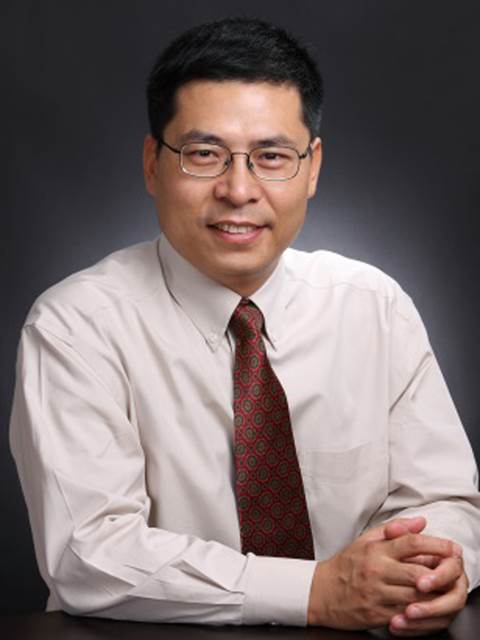 Zhiping Zheng, Southern University of Science and Technology, China
Zhiping Zheng, Southern University of Science and Technology, China
Zhiping Zheng received his BS (1987) and MS (1990) degrees in Chemistry from Peking University, China, and his PhD from University of California (Los Angeles) in 1995 with Professor M Frederick Hawthorne. After conducting postdoctoral research with Professor Richard H Holm at Harvard University, he joined the faculty of the University of Arizona in 1997. His contributions in research and teaching have been recognized by a number of awards, including the US National Science Foundation CAREER Award, International Junior Research Award from the European Rare Earths and Actinide Society, the IUPAC Young Observer, and Teaching Excellence from the Honors College, University of Arizona. He serves on the Advisory Board of Crystal Growth and Design, and is also an Overseas Managing Editor for the Journal of Rare Earths.
His current research interests include the synthetic and structural chemistry of cluster compounds of both lanthanide and transition metal elements.




